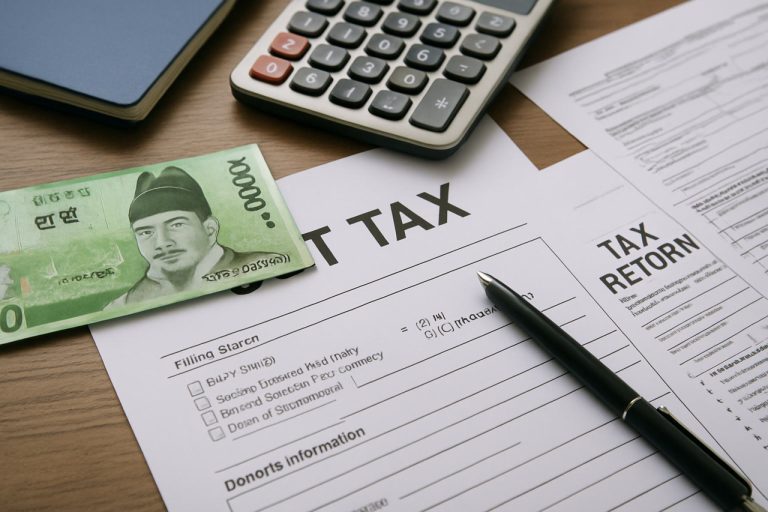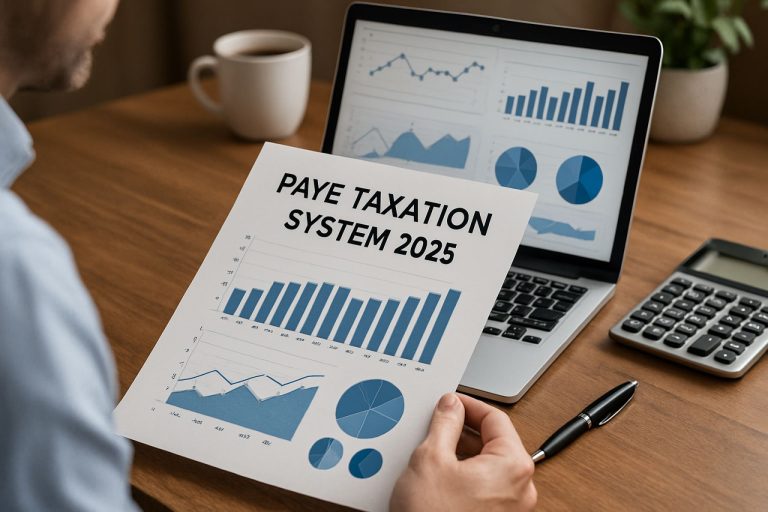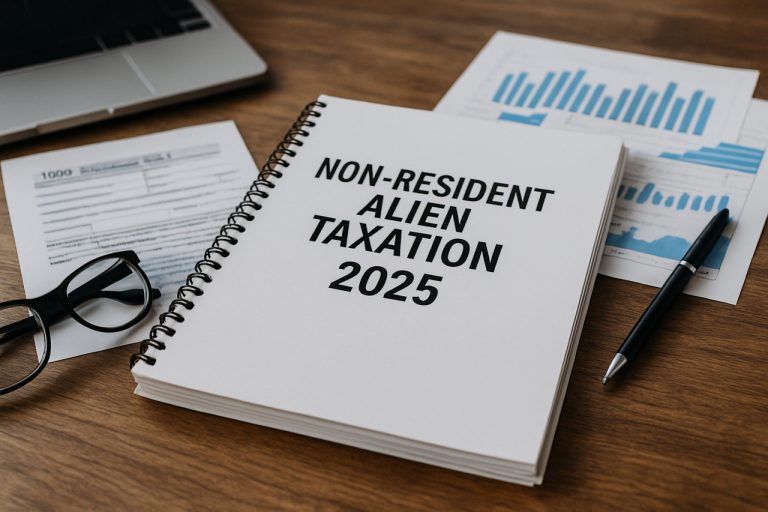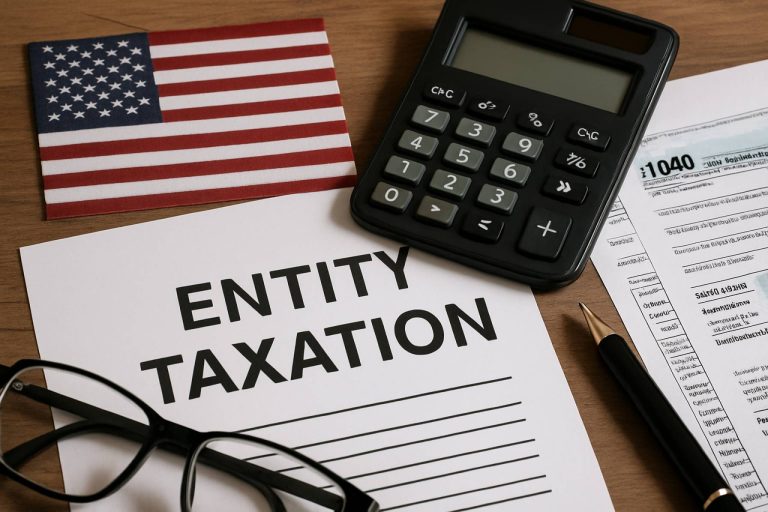Taxation
Taxation is the process by which governments impose financial charges on individuals and entities to generate revenue for public expenditures. These charges, known as taxes, can take various forms, including income tax, sales tax, property tax, and corporate tax, among others. Taxes are typically calculated based on the taxpayer’s income, consumption, or the value of property owned.
The primary purpose of taxation is to fund government operations and services, such as infrastructure, education, healthcare, and public safety. Additionally, taxation can be used as a tool for economic policy, redistributing wealth, and influencing behavior (e.g., through incentives or penalties).
Taxation systems can be progressive, where tax rates increase with higher income levels, or regressive, where lower-income individuals pay a higher percentage of their income in taxes. The structure and rates of taxation vary widely between countries and are often subject to political debate and reform. Overall, taxation is a fundamental aspect of modern governance and plays a crucial role in the economy and societal functions.











